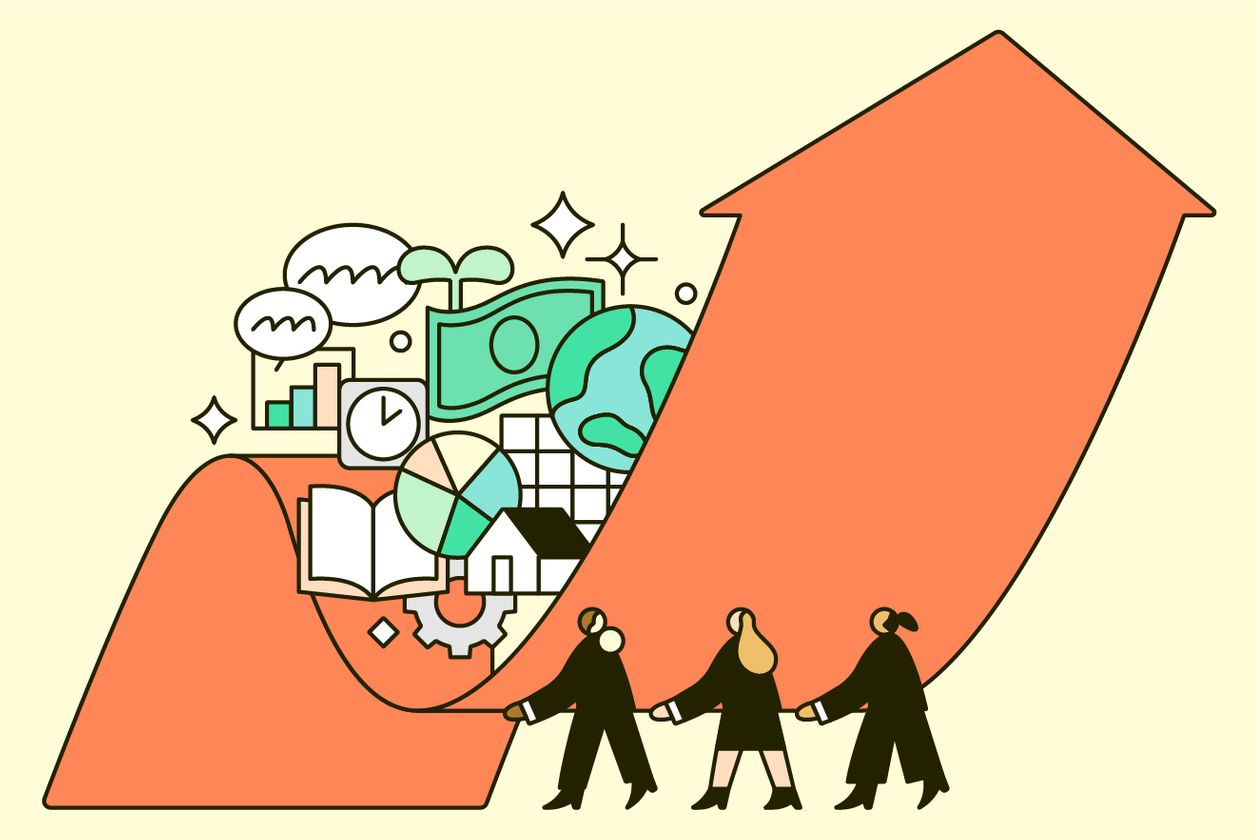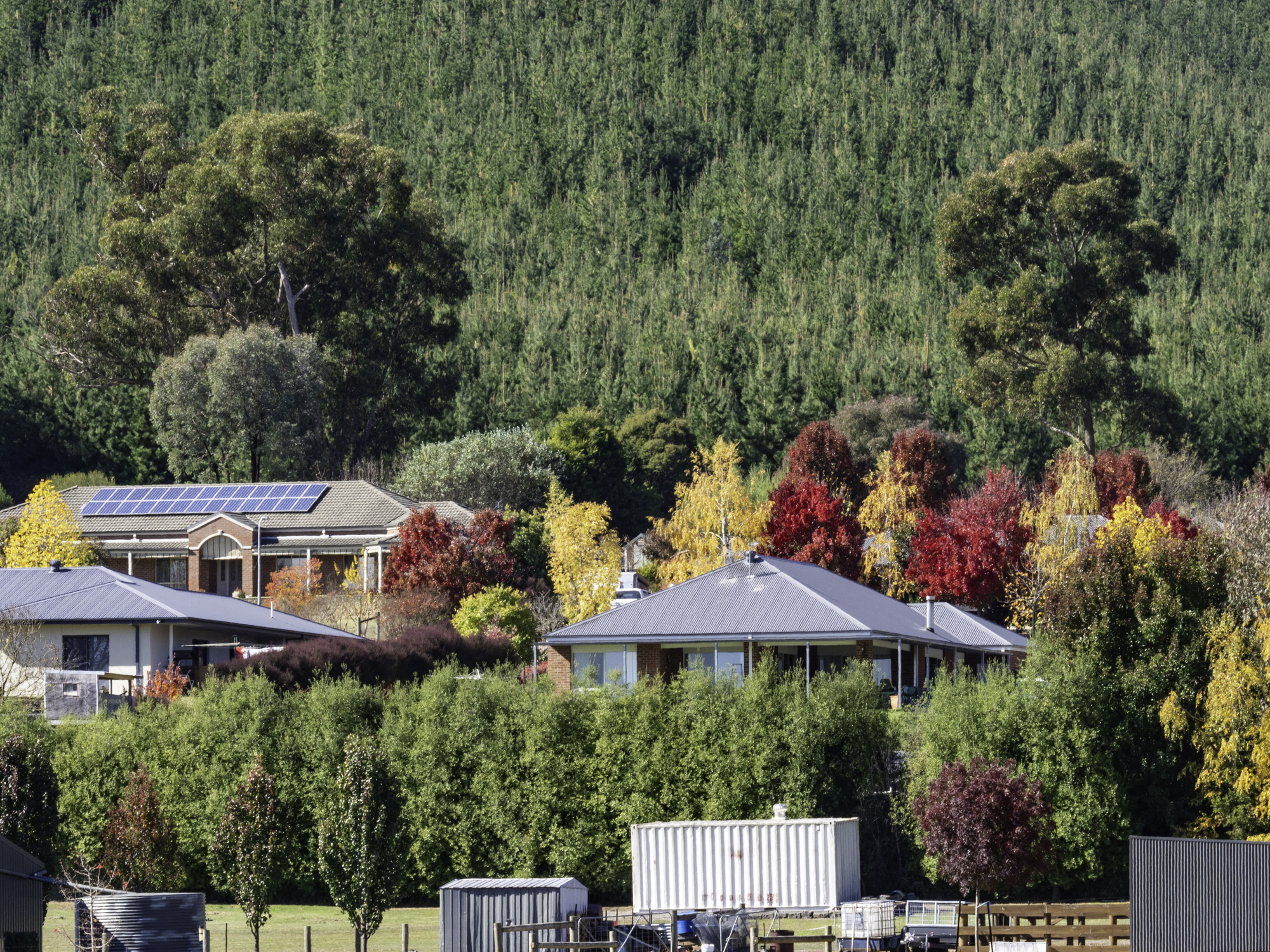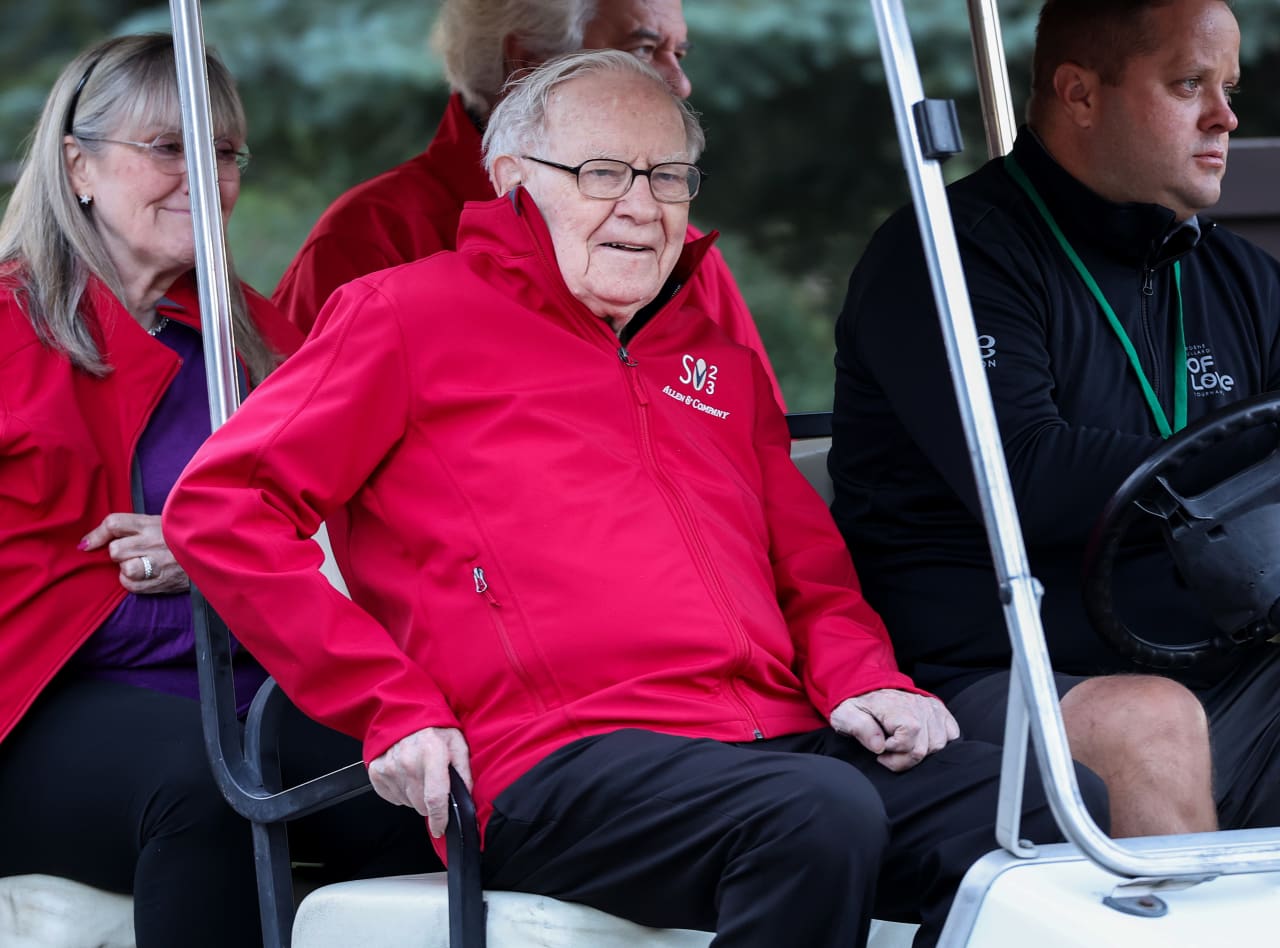10 Defining Themes For The Future Of Wealth Management
A list of new commandments for money management.
J. Pierpont Morgan would be proud that many of the historical tenets of the asset- and wealth-management industry still form the bedrock of how money is managed in modern times. The fund’s 150-year track record is a testament to our industry’s founding principle: While the world may change, clients’ desire for investment expertise and personalised service won’t.
With that in mind, here are 10 key themes that we look forward to helping our clients navigate in the future.
1) Price. Ever since I entered the asset-management industry, sceptics have warned that fee pressure will destroy profitability and detract top talent from the profession. Fees in every industry compress at some point. Successful firms of the future will thrive by either providing commodity-like products at scale for near-zero cost, or delivering hard-to-access insights and exposures that command a premium. Our industry must strive for continuous improvement on both ends of the spectrum.
2) Scale is a matter of survival. With compressed pricing, heavy regulatory controls, and immense spend on data, analytics, and risk-management tools, firms need a relentless focus on operational efficiency, a rigorous control framework, and a disciplined prioritization process around investments for the future. In this context, scale is key. Mergers and acquisitions and outsourcing of sub-scale and noncore capabilities to service providers will enable smaller firms to refocus their efforts back into their most important asset: talent.
3) Actively advising clients. If we learned anything from the Covid-19 crisis, it is the need for sound advice in volatile times. During that time, thousands of actively managed funds outperformed their passive alternatives across asset classes and portfolios. While markets may be efficient, manager selection is key and clients need guidance. The average industry return of a balanced portfolio over the past two decades was 6.4% annually, while the actual experience of the average retail investor was only 2.9%, a stark reminder of how critical hands-on advice is.
4) Impact and purpose. Portfolio managers and research analysts have become essential for investors seeking to make an impact in the world through their assets. Over 80% of surveyed CIOs expressed intent to invest in environmentally and socially conscious companies. Analyzing CEOs and their management teams is no longer just about inquiring about their financial and operational expertise and vision, but also about the impact they make on their communities and the planet. Rising demand for companies that drive positive change will create a virtuous cycle of asset allocation for good.
5) Personalization. Today’s investors want to be intentional, not passive, in investing. They care about taxes and want to overweight companies that can make a difference. They want to avoid whole sectors, or actively own and vote on a company’s strategic plans. Giving clients the freedom to pursue their very specific objectives in a highly customized manner will continue to drive innovation in our industry.
6) Stable and predictable incomes. Millions of investors around the world have come to rely on their investment portfolios as a stable source of income. With individuals enjoying longer life spans and more active lifestyles, especially during retirement years, asset managers need to adapt their strategies to provide for a stable and predictable flow of income every month. Along the same lines, saving needs to start at a young age. Today, less than 40% of Americans have enough savings to pay for an unexpected $1,000 expense in cash. It is our collective responsibility to educate and advise on what is required to cover all of life’s events and milestones.
7) Understanding China. The pandemic has highlighted the interconnectivity of the world and how important China is to supply chains and new innovations. Against this backdrop, it is irresponsible to be a fiduciary of client capital and not have a deep understanding of places like China. It is hard to imagine having a true grasp of competitive global forces without on-the-ground insights of the economies, cultures, and politics of re-emerging global marketplaces. After 100 years of being on the ground in China, J.P. Morgan is poised to become the first foreign asset manager to acquire full ownership of a Chinese fund manager, pending regulatory approval. That kind of commitment will contribute massively to our global research network.
8) Technology drives everything. To adapt to the velocity of progress and change, technology is providing our industry access, speed, and agility like never before. With more technologists than Google and Facebook combined, J.P. Morgan invests over $12 billion annually in technology to help empower our clients and employees to work faster and more seamlessly in ever-changing markets. We need to be forward thinking and have the ability to be a disruptor. Agile, collaborative partnerships between technologists and their businesses will drive innovation and speed to market at an exponential pace.
9) Access. With a global footprint and a full suite of investment vehicles, asset managers must continue to focus on enabling first-time investors to invest in previously inaccessible areas. We are finding ways to provide more opportunities, more choice, and more power to people. Investments once only available to the largest investors in the world are now being accessed by the everyday investor. Democratization of markets should create better outcomes for investors of all sizes.
10) A new flexibility. Our industry adapted quite seamlessly to a previously unimaginable work-from-home scenario. As such, increased flexibility will broaden talent pools and should promote greater diversity. While never losing the apprenticeship nature of our business, we should continue to find new ways of working with one another to generate even greater success.
In coming years, the industry’s winners will remain obsessed about their fiduciary responsibilities. As stewards of capital, the ability to leverage technology and scale to deliver the same extraordinary experience for every investor, with $100 or $100 million, is now within reach.
Reprinted by permission of Barron’s. Copyright 2021 Dow Jones & Company. Inc. All Rights Reserved Worldwide. Original date of publication: May 14, 2021.
 Copyright 2020, Dow Jones & Company, Inc. All Rights Reserved Worldwide. LEARN MORE
Copyright 2020, Dow Jones & Company, Inc. All Rights Reserved Worldwide. LEARN MORE
This stylish family home combines a classic palette and finishes with a flexible floorplan
Just 55 minutes from Sydney, make this your creative getaway located in the majestic Hawkesbury region.
Continued stagflation and cost of living pressures are causing couples to think twice about starting a family, new data has revealed, with long term impacts expected
Australia is in the midst of a ‘baby recession’ with preliminary estimates showing the number of births in 2023 fell by more than four percent to the lowest level since 2006, according to KPMG. The consultancy firm says this reflects the impact of cost-of-living pressures on the feasibility of younger Australians starting a family.
KPMG estimates that 289,100 babies were born in 2023. This compares to 300,684 babies in 2022 and 309,996 in 2021, according to the Australian Bureau of Statistics (ABS). KPMG urban economist Terry Rawnsley said weak economic growth often leads to a reduced number of births. In 2023, ABS data shows gross domestic product (GDP) fell to 1.5 percent. Despite the population growing by 2.5 percent in 2023, GDP on a per capita basis went into negative territory, down one percent over the 12 months.
“Birth rates provide insight into long-term population growth as well as the current confidence of Australian families,” said Mr Rawnsley. “We haven’t seen such a sharp drop in births in Australia since the period of economic stagflation in the 1970s, which coincided with the initial widespread adoption of the contraceptive pill.”
Mr Rawnsley said many Australian couples delayed starting a family while the pandemic played out in 2020. The number of births fell from 305,832 in 2019 to 294,369 in 2020. Then in 2021, strong employment and vast amounts of stimulus money, along with high household savings due to lockdowns, gave couples better financial means to have a baby. This led to a rebound in births.
However, the re-opening of the global economy in 2022 led to soaring inflation. By the start of 2023, the Australian consumer price index (CPI) had risen to its highest level since 1990 at 7.8 percent per annum. By that stage, the Reserve Bank had already commenced an aggressive rate-hiking strategy to fight inflation and had raised the cash rate every month between May and December 2022.
Five more rate hikes during 2023 put further pressure on couples with mortgages and put the brakes on family formation. “This combination of the pandemic and rapid economic changes explains the spike and subsequent sharp decline in birth rates we have observed over the past four years,” Mr Rawnsley said.
The impact of high costs of living on couples’ decision to have a baby is highlighted in births data for the capital cities. KPMG estimates there were 60,860 births in Sydney in 2023, down 8.6 percent from 2019. There were 56,270 births in Melbourne, down 7.3 percent. In Perth, there were 25,020 births, down 6 percent, while in Brisbane there were 30,250 births, down 4.3 percent. Canberra was the only capital city where there was no fall in the number of births in 2023 compared to 2019.
“CPI growth in Canberra has been slightly subdued compared to that in other major cities, and the economic outlook has remained strong,” Mr Rawnsley said. “This means families have not been hurting as much as those in other capital cities, and in turn, we’ve seen a stabilisation of births in the ACT.”
This stylish family home combines a classic palette and finishes with a flexible floorplan
Just 55 minutes from Sydney, make this your creative getaway located in the majestic Hawkesbury region.






















